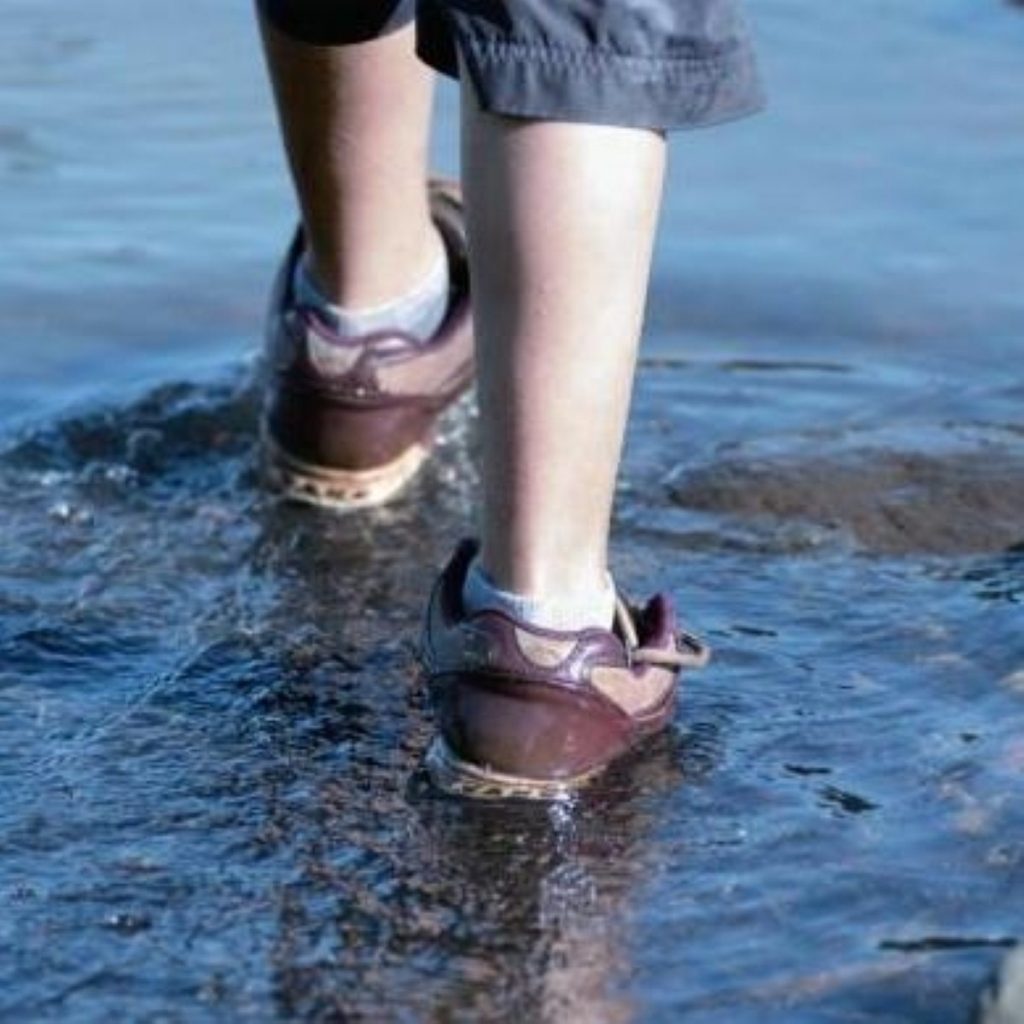Campaigners await child poverty bill
By Alex Stevenson
The government publishes its child poverty bill later today, but there are fears it will lack the “teeth” needed to make a real difference.
Last year the government included plans to enshrine its target of eradicating child poverty by 2020 in law in the Queen’s Speech.
The bill will be introduced to parliament today. Details of an independent child poverty commission, a duty on local authorities to fulfil their responsibilities and measures helping devolution are all expected.


Some fear the bill may not go far enough, however.
“We’re obviously very keen that that commission should have reasonable strength in order to be able to push whichever government is in power,” Hilary Fisher of campaign group End Child Poverty told politics.co.uk.
“If the legislation’s going to have any teeth this commission needs to be quite powerful and independent.”
The government’s tightening funding agenda could pose problems. The draft consultation contains an affordability clause which places the commitment subject to its overall fiscal position. As public borrowing soars there is as yet no guarantee measures to address child poverty will not be safeguarded.
The “end point definition” has also been causing headaches. Previously the government had not defined what constitutes ‘eradicating’ child poverty. The consultation suggested leaving ten per cent of children in child poverty would count.
“We think that’s too high,” Ms Fisher said. End Child Poverty does not accept any figure over five per cent.
Overall Ms Fisher welcomed the publication of the bill, however.
“It’s very good to see the government getting on with the task of governing,” she said. “This is an issue that should be absolutely front and centre of their work of their nine months, or however long it is,” she said.
There are currently four million children – around 30 per cent of the total in Britain – in child poverty.
The government seems likely to fall short of its 2010 target of halving child poverty by 2010 by about 700,000 children, End Child Poverty estimates.

